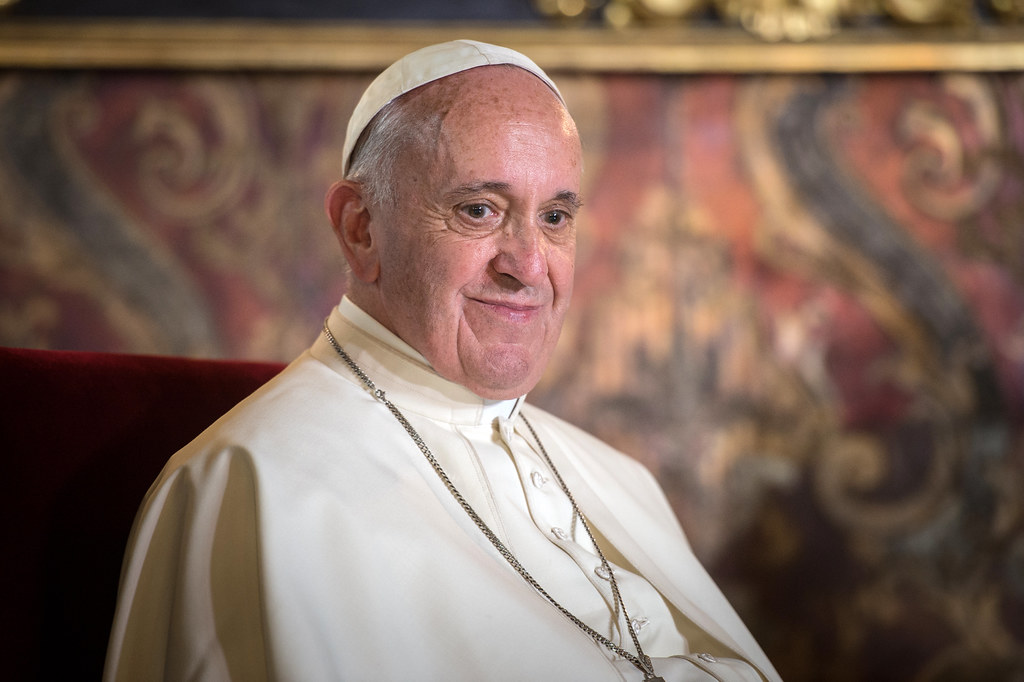Pope Francis, the first Latin American leader of the Roman Catholic Church, died. The Vatican announced his death in a video statement on Monday. His reign was often turbulent, marked by division and tension as he sought to overhaul the hidebound institution.
He was 88 years old. He had previously survived a serious bout of double pneumonia.
Cardinal Kevin Farrell announced the death on the Vatican’s TV channel. He stated, “Dear brothers and sisters, it is with profound sadness I must announce the death of our Holy Father Francis.”
Cardinal Farrell added, “At 7:35 this morning the Bishop of Rome, Francis, returned to the house of the Father.”
Francis’ death occurred a day after his first prolonged public appearance since being discharged from a 38-day hospital stay for pneumonia on March 23.
On Easter Sunday, Francis entered St. Peter’s Square in an open-air popemobile shortly after mid-day. He greeted cheering crowds and offered a special blessing for the first time since Christmas.
Leaders across the world are reacting to the pope’s death. They are offering praise for his efforts to reform the worldwide church and condolences to the world’s 1.4 billion Catholics.
European Commission President Ursula von der Leyen said, “He inspired millions, far beyond the Catholic Church, with his humility and love so pure for the less fortunate.”
Jose Ramos-Horta, the president of East Timor, commented on Francis’ legacy. He said the pope “leaves behind a profound legacy of humanity, of justice, of human fraternity”. Francis had visited East Timor in September 2024 as part of the longest foreign trip of his papacy.
Jorge Mario Bergoglio was elected pope on March 13, 2013. This surprised many church watchers who considered the Argentine cleric, known for his concern for the poor, an outsider.
He sought to project simplicity into the grand role. He never took possession of the ornate papal apartments in the Apostolic Palace used by his predecessors, saying he preferred to live in a community setting for his “psychological health”.
He inherited a church under attack over a child sex abuse scandal. Infighting in the Vatican bureaucracy also tore at the church. He was elected with a clear mandate to restore order.
But as his papacy progressed, conservatives fiercely criticized him. They accused him of trashing cherished traditions. Progressives also drew ire, feeling he should have done much more to reshape the 2,000-year-old church.
While he struggled with internal dissent, Francis became a global superstar. He drew huge crowds on his many foreign travels as he tirelessly promoted interfaith dialogue and peace. He took the side of the marginalised, such as migrants.
Unique in modern times, two men wore white in the Vatican for much of Francis’ rule. His predecessor Benedict opted to continue to live in the Holy See after his shock resignation in 2013. This resignation opened the way for a new pontiff.
Benedict, a hero of the conservative cause, died in December 2022.
Francis appointed nearly 80% of the cardinal electors who will choose the next pope. This increases the possibility that his successor will continue his progressive policies, despite the strong pushback from traditionalists.
Click here for more World news.


